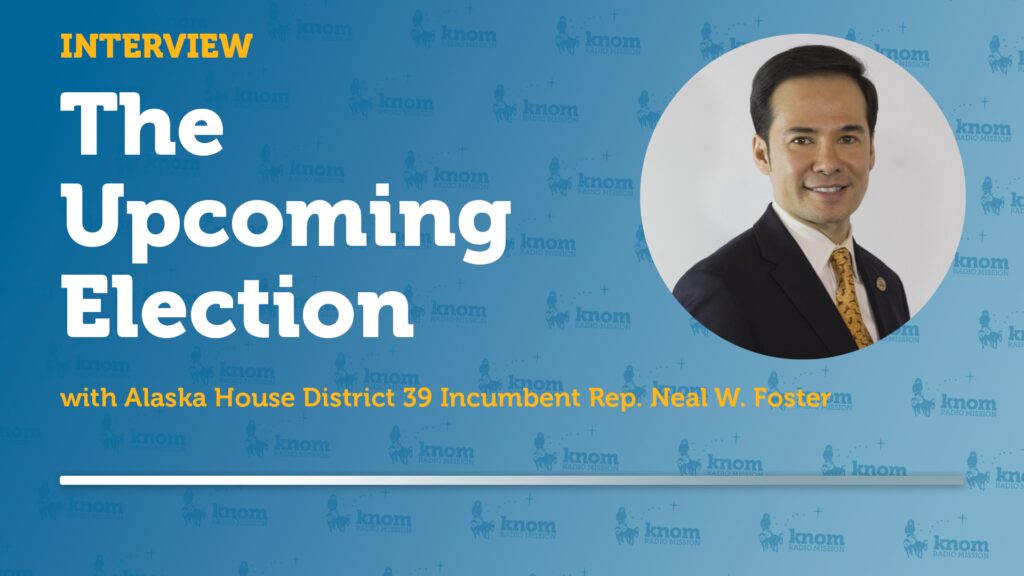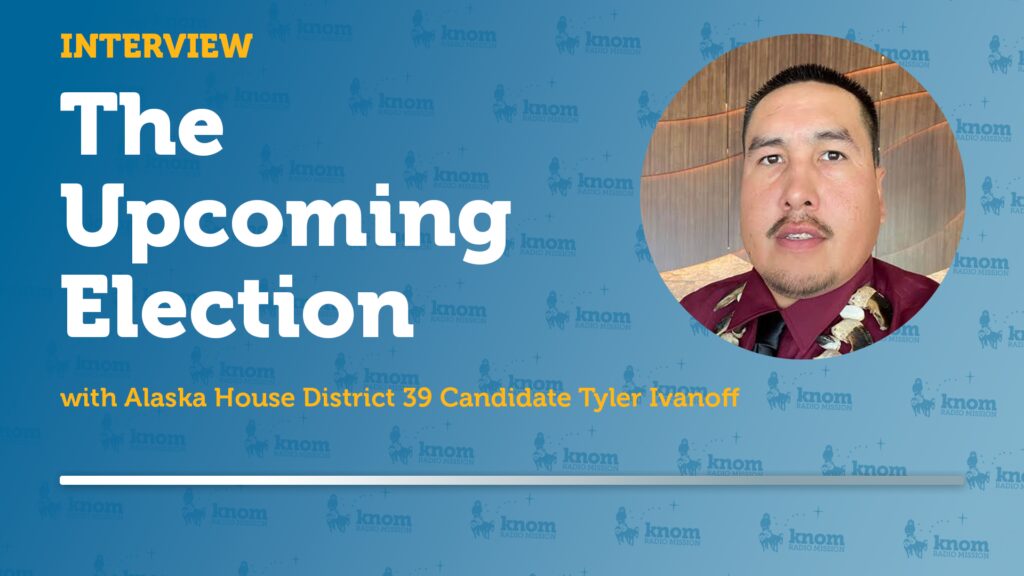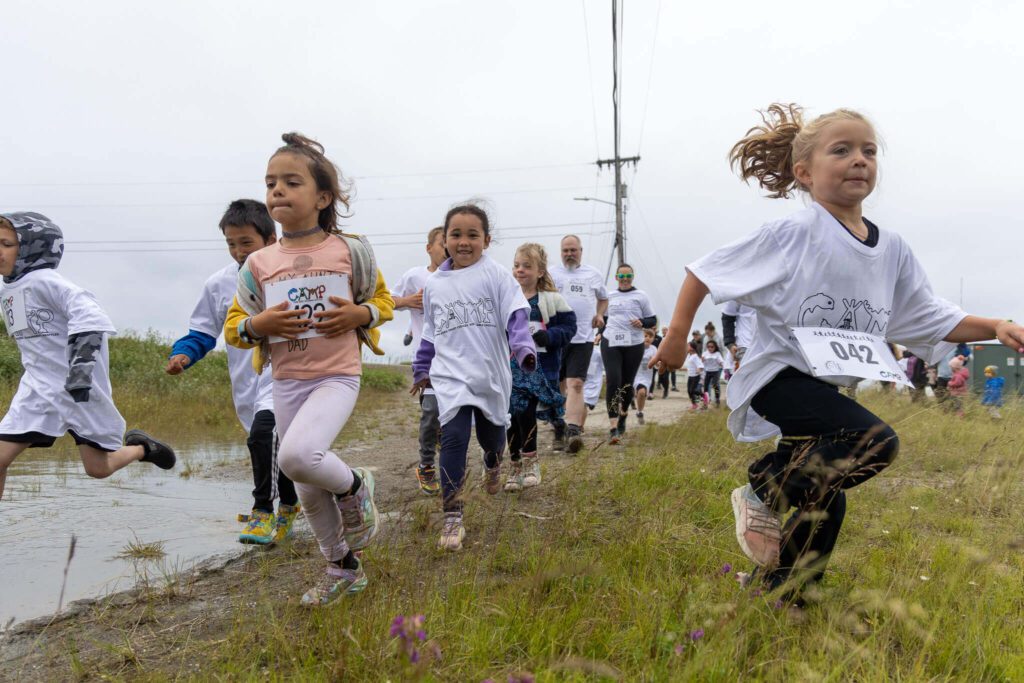With the gold dredging season in full swing, a letter from City Manager Josie Bahnke angered many in the mining community ahead of a common council meeting last week.
In a letter to Department of Natural Resources Commissioner Joe Balash, Bahnke asked for help coping with the unanticipated costs from a 2011 state lease sale which opened up the waters around Nome to independent offshore gold mining.
“From 2010 to 2013 we’ve seen an increase of 150 vessels related to the offshore mining,” Bahnke said in Council Chambers earlier this week. “A lot of that has required extra staffing to run down to get permits, get insurance information.” Bahnke paused for a few seconds, adding, “DNR hasn’t provided anything to help the port cope with that increase.”
But criticism from miners has focused not on capacity, but on a claim in the letter that the “negative social impacts” of Nome’s offshore boom outweigh the “economic benefits.” Bob Haffner has mined gold in Nome since 1991, and is president of the local Chamber of Commerce. He’s waiting for an upcoming state study examining the gold sector’s costs and benefits.
“The economic impact is still up for debate, but we’re getting a good hard handle on it with the state doing this economic impact [study],” Haffner explained, sitting on a couch in the Chamber of Commerce building on Front Street. “Social-wise I just don’t think you can pin it on any one group—and that’s what’s really frustrating.”
That study from the Alaska Department of Commerce, Community, and Economic Development is expected soon. And it’s likely to draw on data that the City of Nome collects showing when the five percent sales tax brings in money for municipal budgets.
Haffner believes that the huge increase in fuel and food sales the last few summers up until freeze up around October show how much money the mining sector pulls into Nome.
“So when you tell these miners, these dredgers that they’re not paying their fair share of taxes: that’s bogus, because they’re buying all the same goods and paying the same rate everyone else is here. But guess what: they rent,” Haffner passionately explained. “Guess who pays the property tax on that: not the person that owns the property—he ups his rent. So when you tell a renter they don’t pay property tax, that’s a fallacy; they do, they just pay it through someone else.”
Bahnke’s caveat is that while money may go to local businesses, the full costs from an influx of “transient” workers needs to be understood systemically, “Impacting other services city-wide, not just at the port, but also the police department. We’re seeing a lot of impact to our library and rec center with the increased users…And that’s a good thing,” Bahnke added, making sure to clarify that the city is in the business of providing services.
But managing the increases takes a toll. For example, one may not think that offshore gold dredging has much to do with public libraries. However, Marguerite LaRiviere, librarian at Nome’s Kegoayah Kozga Library explained during a brief lull between waves of patrons that not seeing the connection is a mistake.
“During the summer people seem to have a real interest in the Department of Natural Resources site, and if you don’t have access to the Internet at your home there are certain essential government services that you have to access through a library or other businesses that have wifi or computers.”
Which, in Nome, are hard to come by.
The point Bahnke says she’s desperate to get across to the state is that Nome’s sales tax and the artificially low harbor fees are not enough to pay for the cottage industry DNR’s lease sale made possible.
“We are a mining town, but we’re also a community that wants to be part of the mineral development process,” she finished.
Both Haffner and Bahnke want more of a dialogue between the city, miners, and other groups, like subsistence users. Part of the reason attendees at last week’s meeting were upset was that–unlike other relevant parties–no mining advocates were CC’d on Bahnke’s letter—which Haffner had Xeroxed and distributed to miners. Bahnke responded that in the last week she has reached out to both DNR and the Nome branch of the Alaska Miners Association, but has not received a response back from either.








